Refine listing
Actions for selected content:
1295047 results in Books

Girls, Power and International Development
- Agency and Activism in the Global North and South
-
- Published by:
- Bristol University Press
- Published online:
- 09 September 2025
- Print publication:
- 28 May 2025
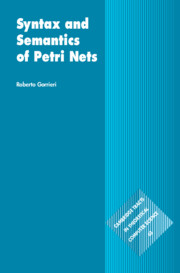
Syntax and Semantics of Petri Nets
-
- Published online:
- 09 September 2025
- Print publication:
- 25 September 2025
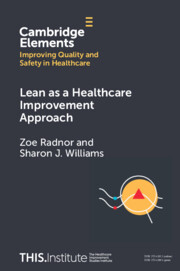
Lean as a Healthcare Improvement Approach
-
- Published online:
- 09 September 2025
- Print publication:
- 02 October 2025
-
- Element
-
- You have access
- Open access
- HTML
- Export citation
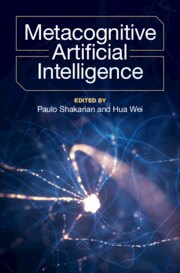
Metacognitive Artificial Intelligence
-
- Published online:
- 08 September 2025
- Print publication:
- 25 September 2025

Advancing Health Rights and Tackling Inequalities
- Interrogating Community Development and Participatory Praxis
-
- Published by:
- Bristol University Press
- Published online:
- 06 September 2025
- Print publication:
- 21 May 2025

Embracing the Unknown
- Experiences of Studying for a PhD in the Social Sciences
-
- Published by:
- Bristol University Press
- Published online:
- 06 September 2025
- Print publication:
- 18 June 2025

1000 Platforms
- Ensembles as Ontological Experiments
-
- Published by:
- Bristol University Press
- Published online:
- 06 September 2025
- Print publication:
- 28 April 2025
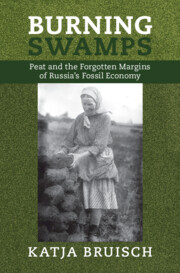
Burning Swamps
- Peat and the Forgotten Margins of Russia's Fossil Economy
-
- Published online:
- 06 September 2025
- Print publication:
- 25 September 2025

Couples at Work
- Negotiating Paid Employment, Housework, and Childcare
-
- Published by:
- Bristol University Press
- Published online:
- 06 September 2025
- Print publication:
- 23 June 2025

Desert Dispute
- The Diplomacy of Boundary-Making in South-Eastern Arabia
-
- Published by:
- Gerlach Press
- Published online:
- 06 September 2025
- Print publication:
- 20 December 2019

A Critical Approach to Youth Sector Peacebuilding
- Dialogue, Politics, and Power
-
- Published by:
- Bristol University Press
- Published online:
- 06 September 2025
- Print publication:
- 17 April 2025

Drug Policy Revolutions
- Trajectories in Argentina, Portugal, and Uruguay
-
- Published by:
- Bristol University Press
- Published online:
- 06 September 2025
- Print publication:
- 19 May 2025

Buildings of Refuge and the Postcoloniality of Asylum Infrastructure
-
- Published by:
- Bristol University Press
- Published online:
- 06 September 2025
- Print publication:
- 18 June 2025

From Poverty to Well-Being and Human Flourishing
- A Marxian Approach
-
- Published by:
- Bristol University Press
- Published online:
- 06 September 2025
- Print publication:
- 20 May 2025

Land Rights Now
- Global Voices on Indigenous Peoples and Land Justice
-
- Published online:
- 06 September 2025
- Print publication:
- 25 September 2025
-
- Book
-
- You have access
- Open access
- Export citation

Education, Disability and Social Policy
-
- Published by:
- Bristol University Press
- Published online:
- 06 September 2025
- Print publication:
- 30 April 2025

Enhancing Decisions in the Courtroom
- Exploring a Duty to Enhance Judicial Cognition
-
- Published by:
- Intersentia
- Published online:
- 05 September 2025
- Print publication:
- 20 May 2025
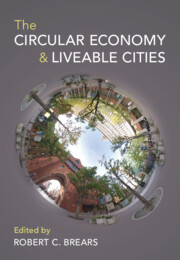
The Circular Economy and Liveable Cities
-
- Published online:
- 05 September 2025
- Print publication:
- 04 September 2025
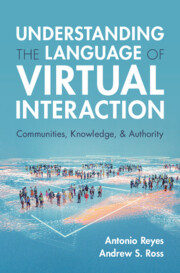
Understanding the Language of Virtual Interaction
- Communities, Knowledge, and Authority
-
- Published online:
- 05 September 2025
- Print publication:
- 25 September 2025

Islamist Occidentalism
- Sayyid Qutb and the Western Other
-
- Published by:
- Gerlach Press
- Published online:
- 05 September 2025
- Print publication:
- 01 February 2019
